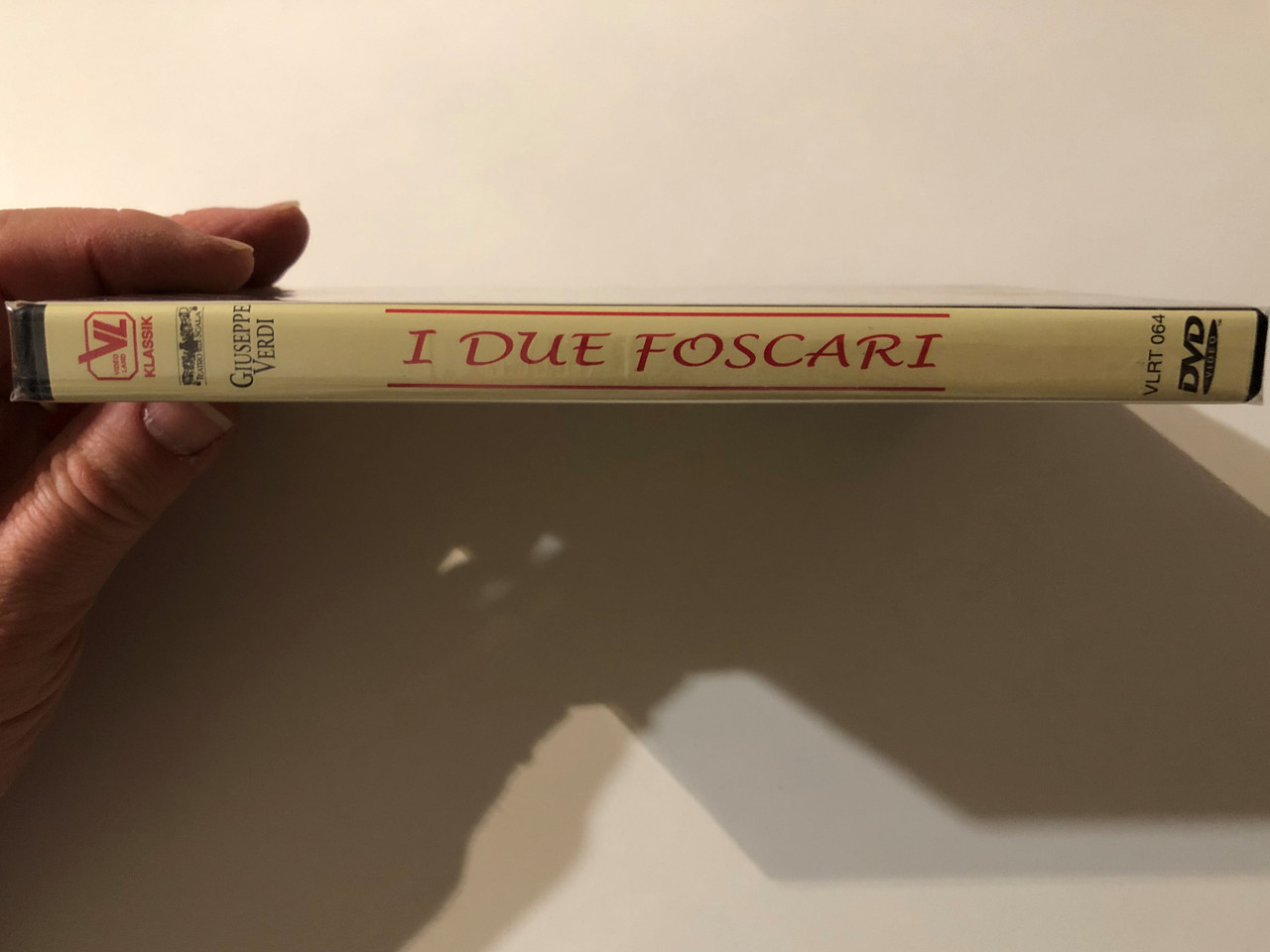Description
I Due Foscari (The Two Foscari) / Opera in three acts by Giuseppe Verdi / LIVE FROM SCALA MILAN / Recorded on January 12, 1988 at La Scala in Milan / Conductor: Gianandrea Gavazzeni / DVD
Format: PAL
Runtime: 132 Minutes
UPC: 9120056506262
- Aspect Ratio : 1.78:1
- Is Discontinued By Manufacturer : Yes
- Product Dimensions : 5.59 x 0.2 x 4.92 inches; 3.53 Ounces
- Media Format : DVD
- Country of Origin : France
- Number of discs : 1
Composed during the summer of 1844, I Due Foscari belongs to that famous period of intense work that Verdi called his “difficult years”, ten years that saw the creation of sixteen operas. After the dazzling success of Nabucco in 1842, every opera director was clamouring for a work from the Maestro, who had finally won over the public. For his debut in Rome, Verdi returned to a project he had first envisioned for Venice but then abandoned in favour of Ernani. Lord Byron’s The Two Foscari, in which Verdi saw a “lovely subject, sensitive and moving”, offered up such a cruel portrait of the famous Venetian doges that it was better to save it for the Romans! Turning again to Piave, the librettist of Ernani, the composer, as was his wont, took an active part in adapting this political and family drama blending vengeance and great patriotic fervour, spirit of sacrifice and loves thwarted by the State. The work met with success, then was gradually eclipsed by the popularity of other great works by Verdi until it was revived in the 1960s, associated mainly with the magnificent role of Francesco Foscari, doge of Venice, that attracted the greatest baritones, starting with the famous Piero Cappucilli, and more recently Leo Nucci. And yet the charm of I Due Foscari, which Verdi himself deemed rather uniform in its sadness, is not limited to the astonishing beauty of the baritone and tenor roles. The orchestral richness and the dramatic intensity of the choirs are immediately seductive. The use of instrumental themes to characterise the characters is used by Verdi for the first time, creating an atmosphere of intimate melancholy that contributes to tightening the boundaries of this poignant struggle between State interests and feelings that presage the heartbreak of Simon Boccanegra.


















